
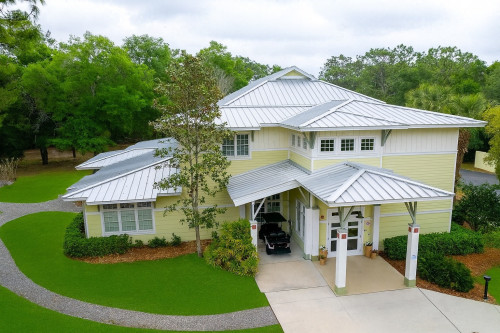
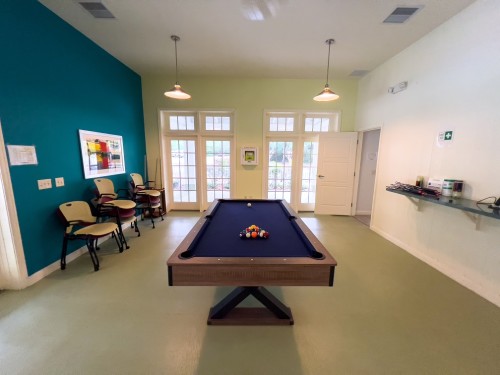



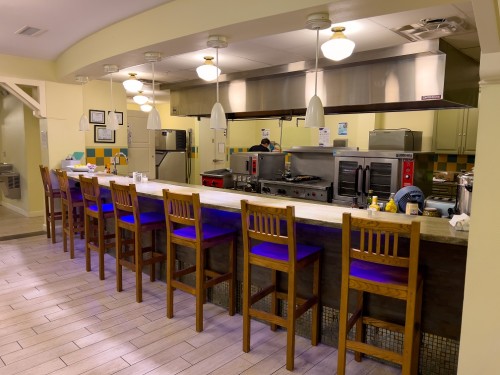
Sabal Palms Recovery
Verified Center
This provider's information has been quality-checked by Recovery.com's Research Team for accuracy and completeness, including center verification through appropriate third-party organizations.
Treatment Focus
This center treats substance use disorders and co-occurring mental health conditions. Your treatment plan addresses each condition at once with personalized, compassionate care for comprehensive healing.
Primary Level of Care
Offering intensive care with 24/7 monitoring, residential treatment is typically 30 days and can cover multiple levels of care. Length can range from 14 to 90 days typically.
Treatment Focus
This center treats substance use disorders and co-occurring mental health conditions. Your treatment plan addresses each condition at once with personalized, compassionate care for comprehensive healing.
Primary Level of Care
Offering intensive care with 24/7 monitoring, residential treatment is typically 30 days and can cover multiple levels of care. Length can range from 14 to 90 days typically.
Provider's Policy
Please call our admissions team for more information on insurance coverage. A knowledgeable member of our team can answer any financial questions you might have, and they can also reach out directly to your insurance carrier to verify and maximize your benefits. This service is free and puts you under no obligation to choose our programming. Sabal Palms DOES NOT ACCEPT Ambetter, Medicaid or Medicare. Sabal Palms is now in-network with Aetna & United Healthcare!
Sabal Palms Recovery
Sabal Palms Recovery
About Sabal Palms Recovery
Sabal Palms Recovery Center is a 32-bed residential center with medically supervised detox and discharge planning for continuous care. They take a trauma-informed approach to treatment and create personalized care plans for each client’s unique strengths and recovery needs. Sabal Palms Recovery Center’s private 10-acre campus connects clients to nature and peer support with outdoor activities and amenities.
Comprehensive Care Attuned to Individual Needs
Sabal Palms Recovery Center begins treatment with an in-depth assessment of each client’s strengths, motivations, health history, mental health, and unique life situation. Staff continuously monitor progress and adjust treatment plans when needed. They provide medical detox to safely help clients with drug and alcohol withdrawals with medication-assisted treatment (MAT) available as necessary. Sabal Palms Recovery Center’s experienced staff include a physician, addictionologist, social workers, counselors, nurses, licensed practical nurses (LPNs), nurse practitioners, behavioral health technicians, recreational therapists, and a dietician.
Dual-Diagnosis Recovery
Sabal Palms Recovery Center strives to treat addiction and co-occurring mental health conditions simultaneously. Trauma-informed therapies and cognitive behavioral therapy (CBT) address conditions like depression, trauma, anxiety, bipolar disorder, post-traumatic stress disorder (PTSD), schizophrenia, and self-harm. Clients learn to identify triggers, build life skills, and learn more about mental health conditions and medications with 6 hours of daily therapy. Group therapy occurs daily, with 1:1 therapy provided as often as needed. Clients can also meet daily with their psychiatrist to discuss medications and progress.
A Serene Woodland Facility
Sabal Palms Recovery Center’s 10-acre campus has mature oaks, walking trails, and water features with rivers and a lake. Clients can also enjoy outdoor sports with peers, including volleyball, tennis, basketball, and horseshoes. Sabal Palms Recovery Center allows one hour of daily cellphone use after 10 days in treatment. They provide family therapy as needed. Sabal Palms Recovery Center creates detailed discharge plans for each client and can connect them to less intensive levels of care.
Highlights from the Center
Highlights
These highlights are provided by and paid for by the center.
Nature Lovers
Therapeutic Location
On-site Medical Detox
Trauma-Informed Care
Center Overview
Treatment Focus
This center treats substance use disorders and co-occurring mental health conditions. Your treatment plan addresses each condition at once with personalized, compassionate care for comprehensive healing.
CARF Accredited
CARF stands for the Commission on Accreditation of Rehabilitation Facilities. It's an independent, non-profit organization that provides accreditation services for a variety of healthcare services. To be accredited means that the program meets their standards for quality, effectiveness, and person-centered care.

Insurance Accepted
Cash Pay Rates
Estimated Cash Pay Rate
Center pricing can vary based on program and length of stay. Contact the center for more information. Recovery.com strives for price transparency so you can make an informed decision.
Meet Your Care Team
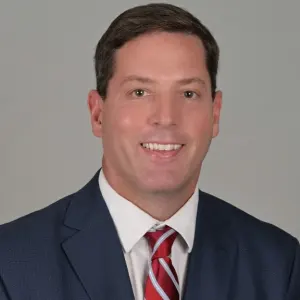
Tripp Smith
Chief Executive Officer
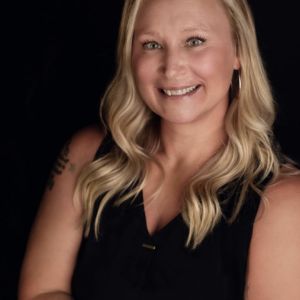
Julia Lawrence
Director of Nursing
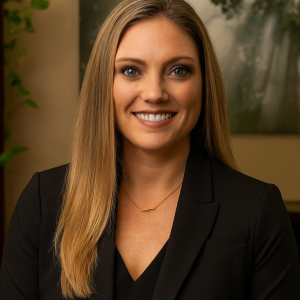
Karah Moody
Director of Clinical Services
LMHC, MCAP
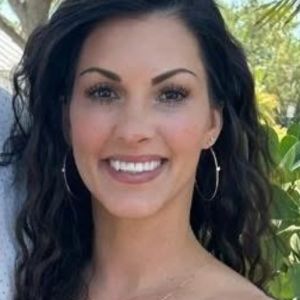
Teresa Mancuso
Director of Business Development
CRPS, CEI




Levels of Care






Your Care Options
Specializations
Older Adults
Addiction and mental health treatment caters to adults 55+ and the age-specific challenges that can come with recovery, wellness, and overall happiness.
Alcohol
Using alcohol as a coping mechanism, or drinking excessively throughout the week, signals an alcohol use disorder.
Detox
Detox fully and safely removes toxic substances from the body, allowing the next steps in treatment to begin with a clean slate.
Co-Occurring Disorders
A person with multiple mental health diagnoses, such as addiction and depression, has co-occurring disorders also called dual diagnosis.
Heroin
Heroin is a highly addictive and illegal opioid. It can cause insomnia, collapsed veins, heart issues, and additional mental health issues.
Methamphetamine
Methamphetamine, or meth, increases energy, agitation, and paranoia. Long-term use can result in severe physical and mental health issues.
Opioids
Opioids produce pain-relief and euphoria, which can lead to addiction. This class of drugs includes prescribed medication and the illegal drug heroin.
Who We Treat
Older Adults
Addiction and mental health treatment caters to adults 55+ and the age-specific challenges that can come with recovery, wellness, and overall happiness.
Men and Women
Men and women attend treatment for addiction in a co-ed setting, going to therapy groups together to share experiences, struggles, and successes.
Approaches
Evidence-Based
A combination of scientifically rooted therapies and treatments make up evidence-based care, defined by their measured and proven results.
Holistic
A non-medicinal, wellness-focused approach that aims to align the mind, body, and spirit for deep and lasting healing.
Personalized Treatment
The specific needs, histories, and conditions of individual patients receive personalized, highly relevant care throughout their recovery journey.
Twelve Step
Incorporating spirituality, community, and responsibility, 12-Step philosophies prioritize the guidance of a Higher Power and a continuation of 12-Step practices.
Therapies
1-on-1 Counseling
Patient and therapist meet 1-on-1 to work through difficult emotions and behavioral challenges in a personal, private setting.
Family Therapy
Family therapy addresses group dynamics within a family system, with a focus on improving communication and interrupting unhealthy relationship patterns.
Life Skills
Teaching life skills like cooking, cleaning, clear communication, and even basic math provides a strong foundation for continued recovery.
Medication-Assisted Treatment
Combined with behavioral therapy, prescribed medications can enhance treatment by relieving withdrawal symptoms and focus patients on their recovery.
Psychoeducation
This method combines treatment with education, teaching patients about different paths toward recovery. This empowers them to make more effective decisions.
Relapse Prevention Counseling
Relapse prevention counselors teach patients to recognize the signs of relapse and reduce their risk.
Substances We Treat
Alcohol
Using alcohol as a coping mechanism, or drinking excessively throughout the week, signals an alcohol use disorder.
Benzodiazepines
Benzodiazepines are prescribed to treat anxiety and sleep issues. They are highly habit forming, and their abuse can cause mood changes and poor judgement.
Co-Occurring Disorders
A person with multiple mental health diagnoses, such as addiction and depression, has co-occurring disorders also called dual diagnosis.
Cocaine
Cocaine is a stimulant with euphoric effects. Agitation, muscle ticks, psychosis, and heart issues are common symptoms of cocaine abuse.
Drug Addiction
Drug addiction is the excessive and repetitive use of substances, despite harmful consequences to a person's life, health, and relationships.
Ecstasy
Ecstasy is a stimulant that causes intense euphoria and heightened awareness. Abuse of this drug can trigger depression, insomnia, and memory problems.
Heroin
Heroin is a highly addictive and illegal opioid. It can cause insomnia, collapsed veins, heart issues, and additional mental health issues.
Psychedelics
Hallucinogenic drugs—like LSD—cause euphoria and increased sensory experiences. When abused, they can lead to depression and psychosis.
Methamphetamine
Methamphetamine, or meth, increases energy, agitation, and paranoia. Long-term use can result in severe physical and mental health issues.
Languages
Care Designed for Your Needs
Personal Amenities
Amenities
Activities

What people are saying
Treatment
5.0
Accommodations
5.0
Food & Nutrition
5.0
Value
5.0
John B
Reviewed 08/28/25
Review from Rehabs.com





